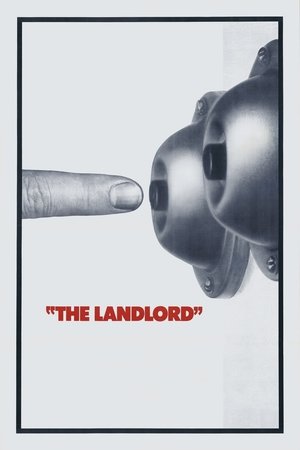
The Landlord (1970)
1h 52m | PG-13
At the age of twenty-nine, Elgar Enders "runs away" from home. This running away consists of buying a building in a black ghetto in the Park Slope section of Brooklyn. Initially, his intention is to evict the black tenants and convert the building into a posh flat. But Elgar is not one to be bound by yesterday's urges, and soon he has other thoughts on his mind.
Director: Hal Ashby
Studio: The Mirisch Company
Genre: Comedy, Drama
Video: 720p
Cast
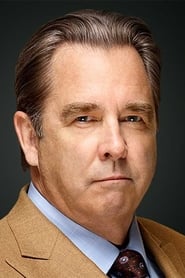
Beau Bridges
as Elgar Enders
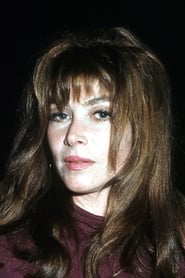
Lee Grant
as Joyce Enders
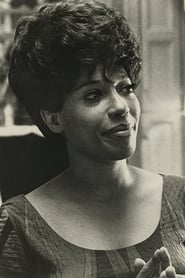
Diana Sands
as Francine "Fanny" Johnson
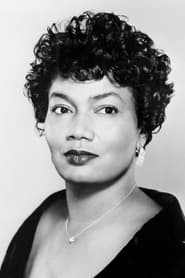
Pearl Bailey
as Marge
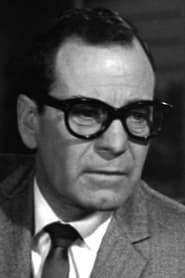
Walter Brooke
as William Enders
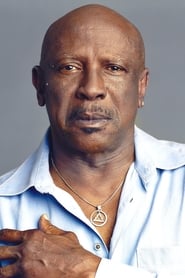
Louis Gossett Jr.
as Copee Johnson
Reviews
I don’t suppose you call your kid “Elgar” and expect him to grow up shining shoes so this one (Beau Bridges) has spent nearly all of his thirty years living with his parents in their New York mansion house. Then one day, on a whim, he buys an old Brooklyn brown-stone that is already occupied by a disparate collection of African Americans who have only a passing interest in paying the tent. Initially, he just wants to gentrify the place but gradually he begins to get used to his eclectic mix of tenants and they to him, and then he begins to befriend “Fanny” (Diana Sands) who is married to the lively activist “Copee” (Louis Gossett Jnr) and “Lanie” (Marki Bey) before he also rather recklessly invites his strongly-willed mother (Lee Grant) round to meet the gang and do some decorating. The scene is now set for chaos to abound tempered with a little free-love and some difficulty with race relations as events take a much more complicated turn that requires “Elgar” to do some growing up, at last. This is probably my favourite film from any of the Bridges clan and Beau really takes to the role. His character’s naïve and gullible nature, coupled with his sense of entitlement evolves into something altogether more likeable and he plays that with an amiable innocence that raises a laugh and an heckle in equal measure. It is sharply written to subtly take a swipe at racial intolerance (going both ways) and both the on-form Clark and Bey contribute strongly to help emphasise the thrust of the plot without shoving it down anyone’s throat. It’s a rapidly-paced comedy about clashes of cultures and attitudes that works really quite well.
